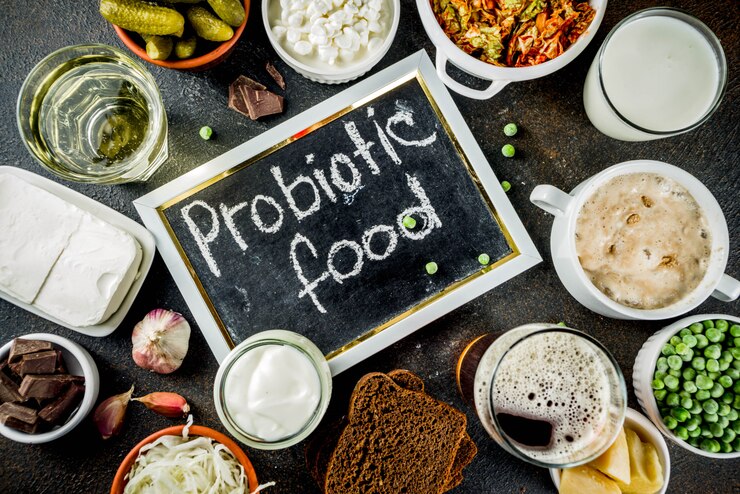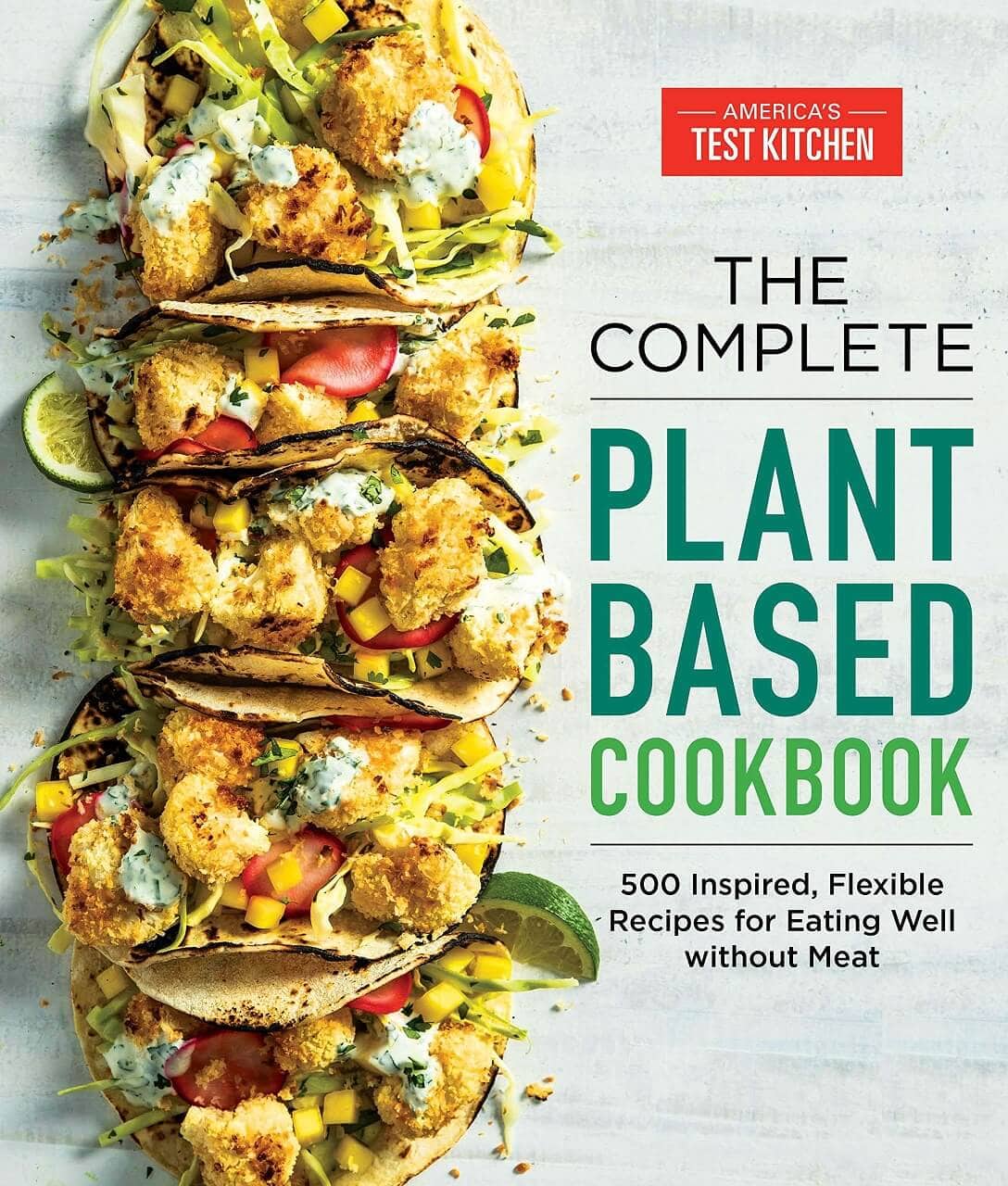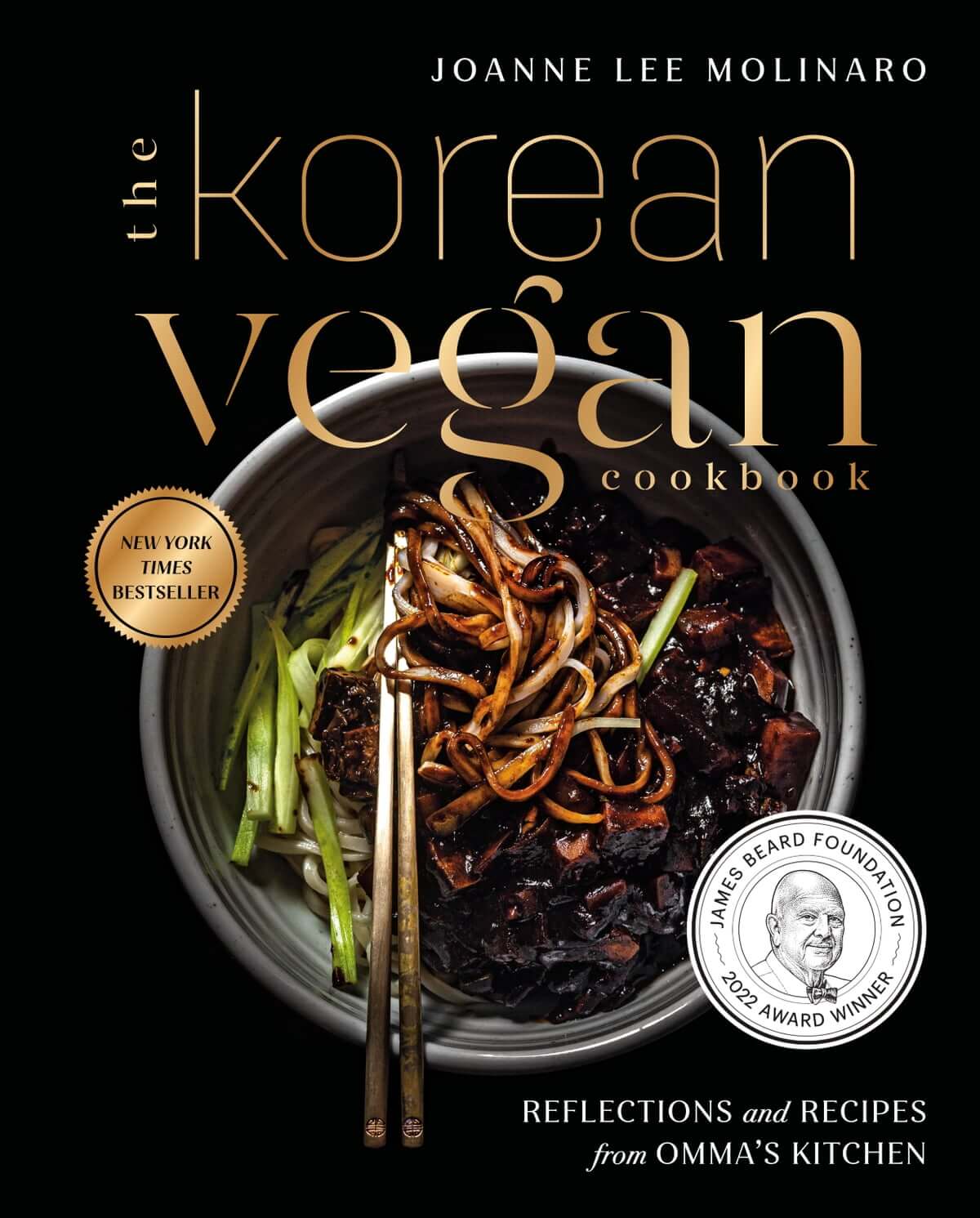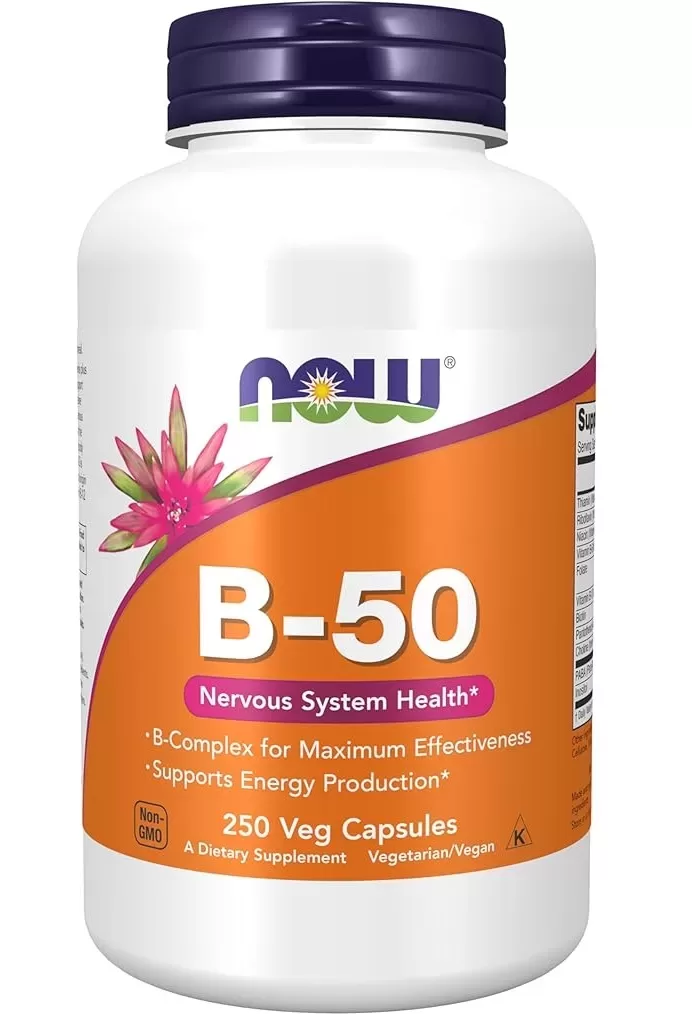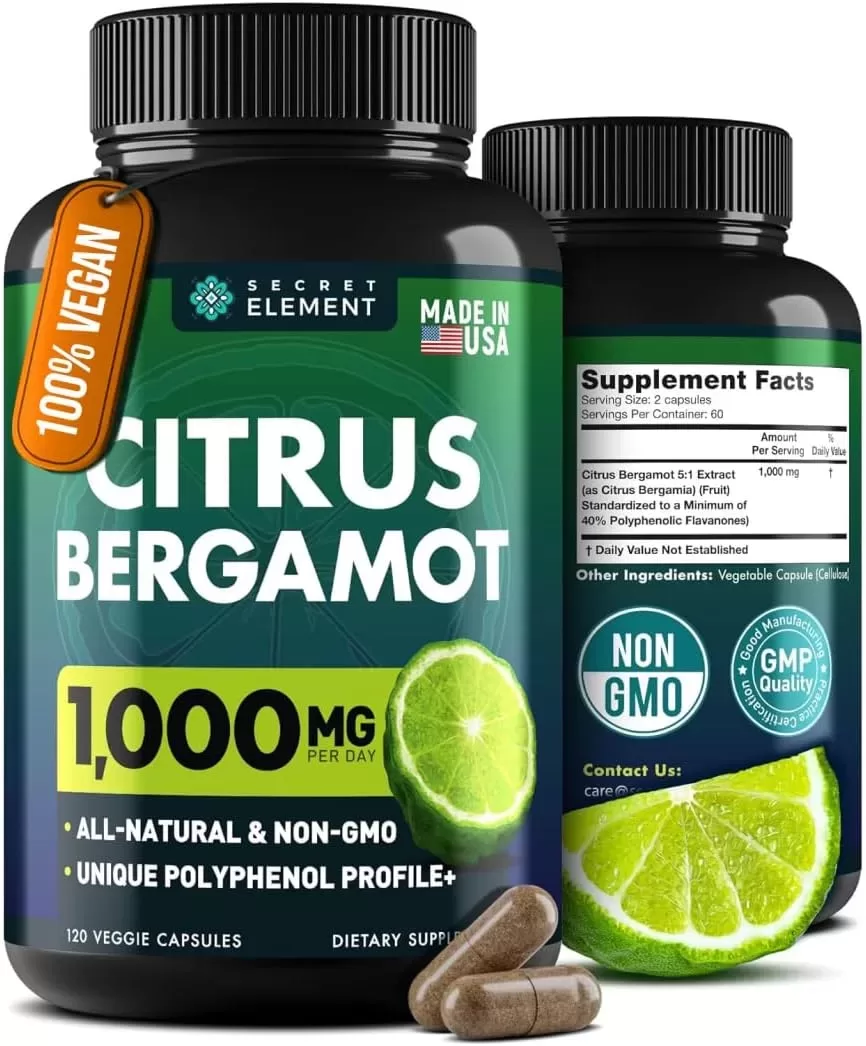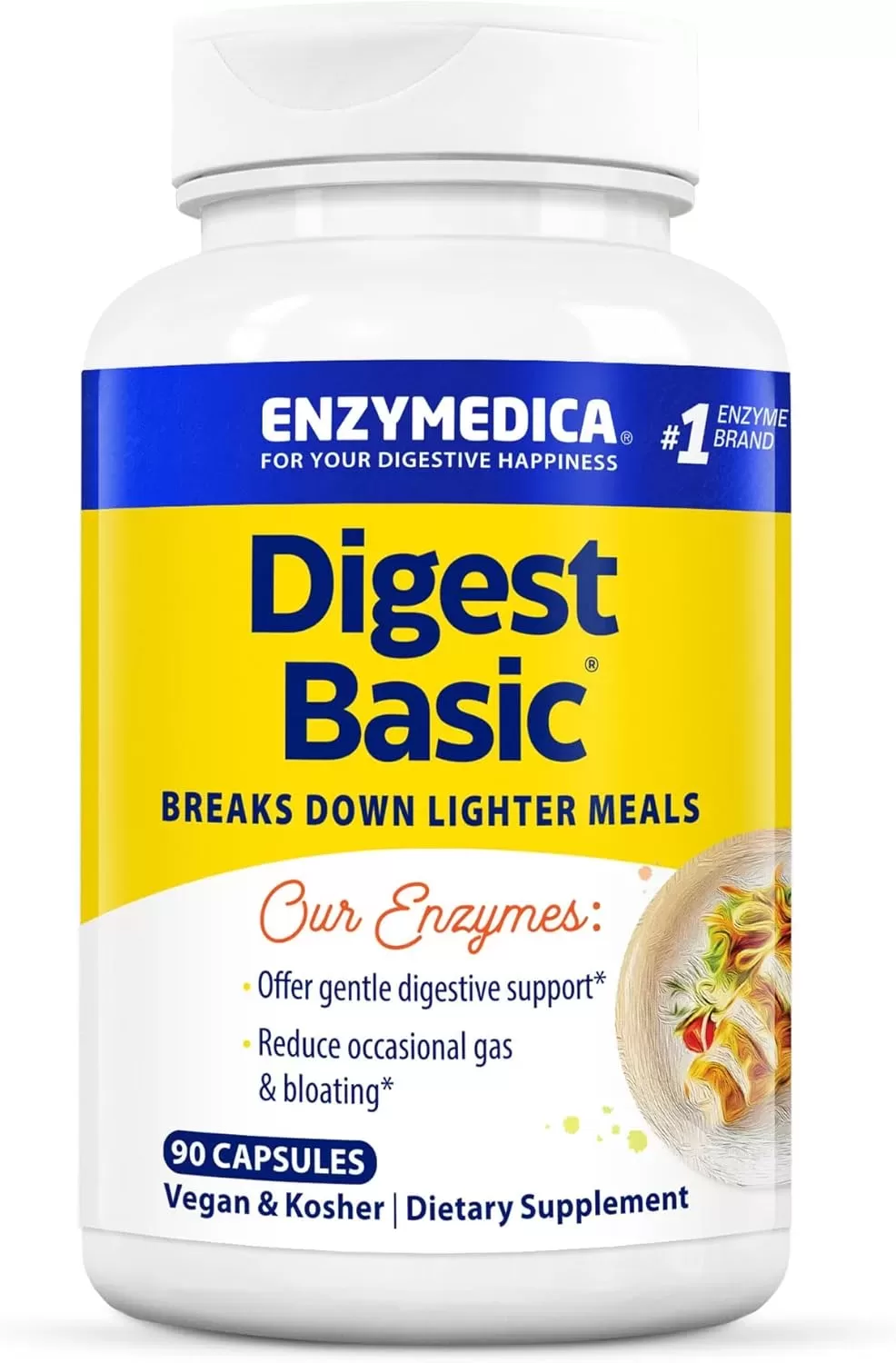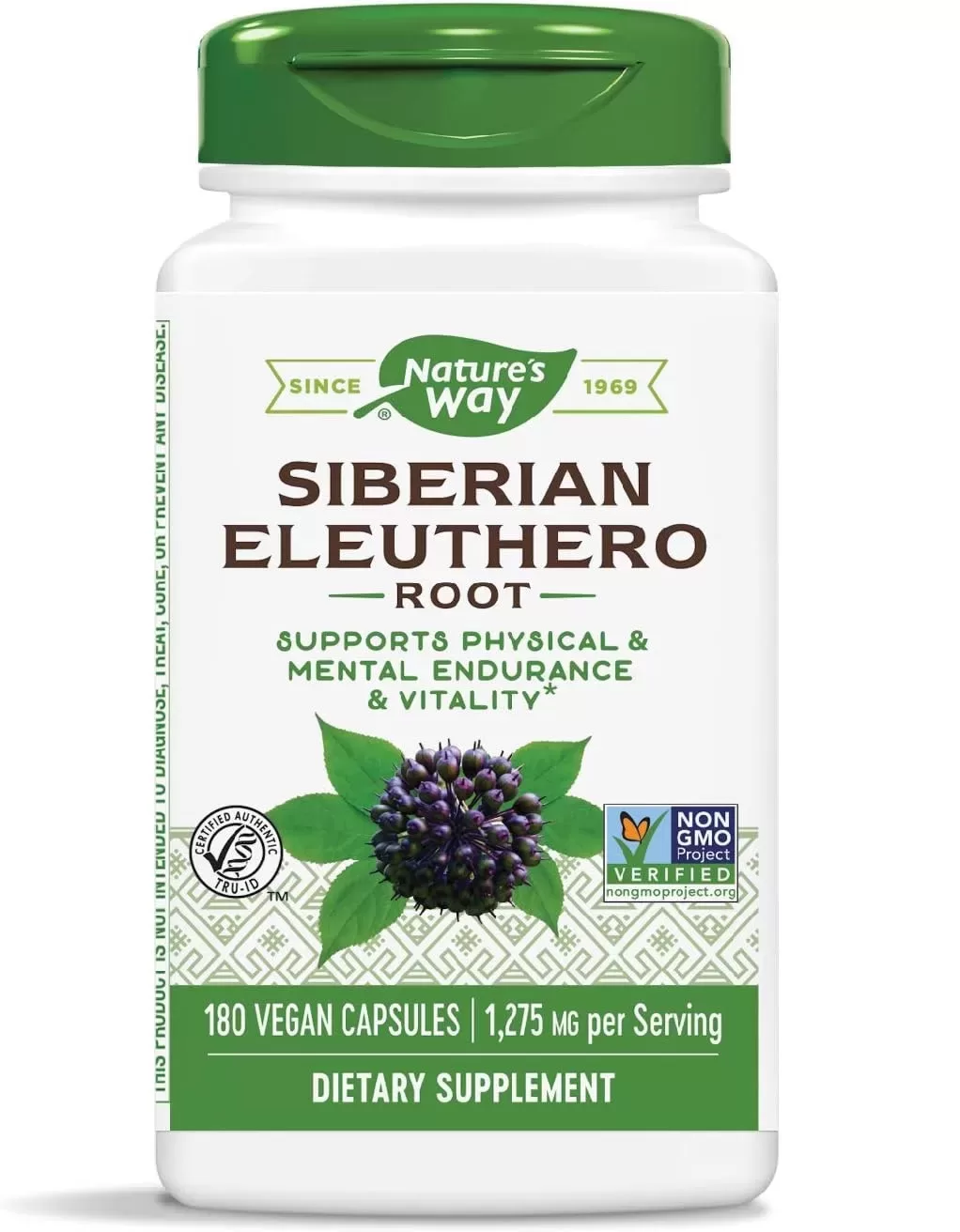Explore the potential benefits of a plant-based diet in managing eczema symptoms. We delve into how a vegan diet may reduce inflammation, improve gut health, and balance essential fatty acids to alleviate itching, dryness, and other common eczema discomforts. We also discuss the potential role of a vegan diet in managing other skin conditions like psoriasis and acne.
Ready to discover if a vegan lifestyle could be the key to easing your eczema woes? This article provides valuable insights into the potential benefits, including how to incorporate plant-based foods into your diet. We’ll guide you through creating a personalized plan, from exploring anti-inflammatory recipes and finding the best vegan omega-3 sources to addressing common nutritional concerns. Whether you’re considering a 7-day eczema diet plan for adults or a longer-term approach, this comprehensive guide will equip you with the knowledge and resources to make informed decisions about your dietary choices and overall well-being.

Can a vegan diet cure eczema?
While a vegan diet may not “cure” eczema, it can significantly improve symptoms for many people. Eczema is an inflammatory skin condition, and a plant-based diet is rich in anti-inflammatory compounds like antioxidants and omega-3 fatty acids. By reducing inflammation, a vegan diet can help alleviate itching, redness, and dryness. Furthermore, eliminating common food allergens like dairy and eggs, which are frequent triggers for eczema flare-ups, can have a profound positive impact. However, it’s important to note that individual responses to a vegan diet vary greatly. While some may experience dramatic improvements, others may not see significant changes.
Disclaimer: This information is for general knowledge and informational purposes only and does not constitute medical advice. Consult a healthcare professional or a registered dietitian for personalized guidance on dietary changes for eczema management.
What are the potential benefits of a vegan diet to cure eczema?
Reduced Inflammation: Vegan diets are naturally rich in anti-inflammatory compounds like antioxidants, omega-3 fatty acids, and fiber. These compounds can help to reduce systemic inflammation throughout the body, including the skin. Since eczema is an inflammatory skin condition, reducing inflammation can significantly improve symptoms such as itching, redness, and dryness.
Improved Gut Health: A vegan diet is often high in fiber and can include probiotic-rich foods like fermented vegetables. This can contribute to a healthy gut microbiome, which plays a crucial role in immune function. An imbalance in gut bacteria has been linked to increased inflammation and may contribute to eczema flare-ups.
Elimination of Common Allergens: Many people with eczema experience food sensitivities, particularly to dairy and eggs. A vegan diet naturally eliminates these common allergens, which can significantly reduce the frequency and severity of eczema flare-ups.
Balanced Omega-3 Fatty Acids: Eczema is often associated with an imbalance in omega-6 and omega-3 fatty acids. Vegan diets are excellent sources of plant-based omega-3s, such as those found in flaxseeds, chia seeds, and walnuts. This can help to restore balance and reduce inflammation.
Increased Antioxidant Intake: Fruits, vegetables, and whole grains, which are staples of a vegan diet, are packed with antioxidants. Antioxidants help to protect the body from oxidative stress, which can contribute to skin inflammation and damage.

What is the plant-based diet that can cure eczema?
It’s important to understand that no specific plant-based diet can definitively “cure” eczema. Eczema is a complex condition with various triggers and contributing factors. However, a whole-food, plant-based diet emphasizing fruits, vegetables, whole grains, legumes, and nuts can significantly improve eczema symptoms for many people. This type of diet is naturally low in processed foods, refined sugars, and saturated fats, which can contribute to inflammation.
Research:
- Limited Studies: While research specifically on vegan diets and eczema is ongoing, studies have shown that diets rich in fruits, vegetables, and whole grains can have anti-inflammatory effects.
- Focus on Anti-inflammatory Foods: Studies have highlighted the potential benefits of anti-inflammatory diets, which often include plant-based components, in managing eczema. These diets emphasize foods rich in omega-3 fatty acids, antioxidants, and fiber.
Anti-inflammatory Recipes to Cure Eczema
- Turmeric Golden Milk: This warm, soothing beverage combines turmeric, a potent anti-inflammatory spice, with ginger, cinnamon, and plant-based milk. Turmeric contains curcumin, a compound with powerful anti-inflammatory properties that may help reduce inflammation associated with eczema.
- Lentil Soup with Spinach and Garlic: This hearty soup is packed with fiber, antioxidants, and anti-inflammatory compounds. Lentils are a great source of plant-based protein and fiber, which can support gut health. Spinach is rich in antioxidants and vitamins, while garlic possesses anti-inflammatory properties.
- Smoked Paprika Roasted Sweet Potatoes: Sweet potatoes are rich in beta-carotene, an antioxidant that can help protect the skin from damage. Smoked paprika adds a smoky flavor and provides a source of antioxidants. Sweet potatoes are a good source of vitamin A, which is essential for healthy skin. The antioxidants in both sweet potatoes and smoked paprika may help reduce inflammation.
- Vegetable Stir-fry with Brown Rice: This quick and easy dish can be customized with a variety of colorful vegetables, such as broccoli, carrots, and bell peppers. This stir-fry provides a variety of vitamins, minerals, and antioxidants from the vegetables. Brown rice is a whole grain that provides sustained energy and fiber.
- Chia Seed Pudding with Berries: This simple breakfast or dessert is rich in omega-3 fatty acids from chia seeds and antioxidants from berries. Chia seeds are an excellent source of plant-based omega-3 fatty acids, which can help balance the ratio of omega-6 to omega-3 fatty acids in the body and reduce inflammation. Berries are packed with antioxidants that can help protect the skin from damage.
Disclaimer: This information is for general knowledge and informational purposes only and does not constitute medical advice. Consult a healthcare professional or a registered dietitian for personalized guidance on dietary changes for eczema management.
Important Note: While these recipes may offer potential benefits for some individuals with eczema, it’s crucial to remember that individual responses to dietary changes can vary greatly.

7-Day Eczema Diet Plan
Disclaimer: This is a sample 7-day vegan diet plan and may not be suitable for everyone. Consult a healthcare professional or a registered dietitian for personalized guidance.
| Day | Breakfast | Lunch | Dinner | Snacks |
| Day 1 | Oatmeal with berries and walnuts | Lentil soup with spinach and roasted sweet potato | Vegetable stir-fry with brown rice and tofu | Apple slices with almond butter, Vegetable sticks with hummus |
| Day 2 | Smoothie with spinach, banana, and plant-based protein powder | Quinoa salad with chickpeas, cucumber, and tomato | Vegetable curry with brown rice | Trail mix (nuts, seeds, dried fruit), Kombucha |
| Day 3 | Tofu scramble with vegetables and whole-grain toast | Black bean burgers on whole-wheat buns with sweet potato fries | Vegetable stir-fry with brown rice and tempeh | Edamame, Banana |
| Day 4 | Chia seed pudding with berries and nuts | Lentil pasta with marinara sauce and vegetables | Vegetable curry with brown rice and chickpeas | Apple slices with peanut butter, Rice cakes with avocado |
| Day 5 | Overnight oats with berries and flaxseeds | Vegetable wraps with hummus and avocado | Vegetable stir-fry with quinoa and lentils | Trail mix (nuts, seeds, dried fruit), Kombucha |
| Day 6 | Smoothie with berries, spinach, and plant-based protein powder | Lentil soup with spinach and roasted sweet potato | Vegetable curry with brown rice and tofu | Edamame, Banana |
| Day 7 | Pancakes made with whole-wheat flour and topped with fruit and nut butter | Vegetable wraps with hummus and avocado | Vegetable stir-fry with brown rice and tempeh | Apple slices with peanut butter, Rice cakes with avocado |
This plan provides a framework for a 7-day vegan diet. Remember to consult with a healthcare professional or a registered dietitian like Trish Tucker May for personalized guidance.
Vegan Diet and Eczema Relief From Top Omega-3 Sources
- Chia Seeds: Chia seeds are a fantastic source of plant-based omega-3s, primarily in the form of alpha-linolenic acid (ALA). Around 60% of the fat content in chia seeds consists of omega-3 fatty acids. They can be easily incorporated into various dishes like yogurt, smoothies, and baked goods.
- Flaxseeds: Flaxseeds are another excellent source of ALA, with around 60% of their fat content coming from omega-3s. They can be ground into flaxseed meal for easier digestion and added to smoothies, baked goods, or sprinkled on cereals and salads.
- Walnuts: Walnuts are a good source of plant-based omega-3s, although in slightly smaller amounts compared to chia seeds and flaxseeds. They contain around 58% of omega-3 fatty acids in their fat content. Enjoy them as a snack, add them to salads, or incorporate them into baked goods.
- Hemp Seeds: Hemp seeds offer a good balance of omega-3 and omega-6 fatty acids, both of which are essential for human health. They contain around 56% of omega-3 fatty acids in their fat content. Hemp seeds can be sprinkled on salads, yogurt, or added to smoothies.
- Algae/Seaweed: Certain types of algae and seaweed, such as spirulina and chlorella, contain a unique form of omega-3 called DHA. While the exact percentage of omega-3s can vary depending on the specific type of algae, they can be a valuable source of this important fatty acid. Algae can be consumed in supplement form or incorporated into some dishes.
Disclaimer: This information is for general knowledge and informational purposes only and does not constitute medical advice. Consult a healthcare professional or a registered dietitian for personalized guidance on dietary changes for eczema management.
Note: The percentage of omega-3s mentioned above refers to the proportion of omega-3 fatty acids within the total fat content of each source.
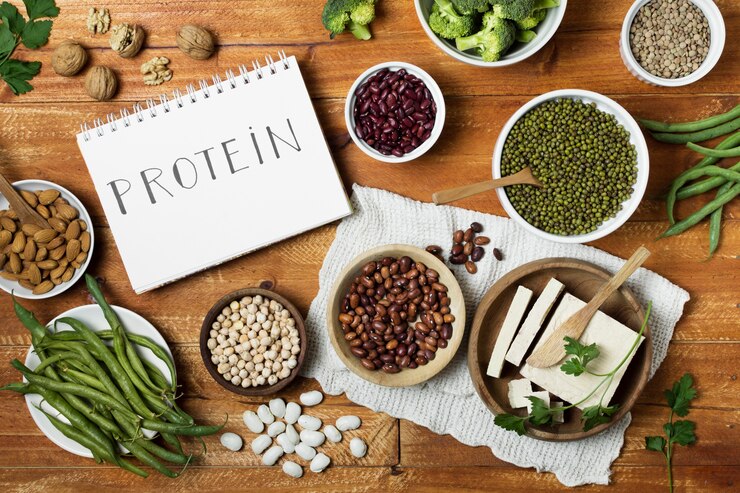
Plant-Based Protein Sources
Plant-based proteins are essential for building and repairing tissues, supporting immune function, and maintaining overall health. Here are some excellent sources:
- Legumes (beans, lentils, chickpeas): These versatile powerhouses offer a complete protein profile (containing all essential amino acids) when combined with grains. They typically contain around 20-25 grams of protein per cooked cup.
- Tofu: Made from soybeans, tofu is a highly versatile and readily available source of plant-based protein. It provides around 8-10 grams of protein per 3.5 ounces.
- Tempeh: Fermented soybeans, tempeh offers a unique, earthy flavor and is packed with protein and fiber. It contains around 15-20 grams of protein per 3.5 ounces.
- Seitan: Made from wheat gluten, seitan is a high-protein meat substitute with a chewy texture. It provides around 18-20 grams of protein per 3.5 ounces.
- Nuts and Seeds: A variety of nuts and seeds, such as almonds, walnuts, chia seeds, and hemp seeds, offer a good source of plant-based protein. Protein content varies, but generally ranges from 5-8 grams per ounce.
Note: The protein content per serving can vary depending on the specific type and brand of the food.
Fruits and Vegetables Rich in Antioxidants
Antioxidants help protect the body from oxidative stress, which can contribute to inflammation and damage. Including these antioxidant-rich foods in your diet may help improve eczema symptoms:
- Berries (blueberries, strawberries, raspberries): Berries are packed with antioxidants like anthocyanins, flavonoids, and vitamin C. These compounds may help reduce inflammation and protect the skin from oxidative damage.
- Leafy Greens (spinach, kale): Leafy greens are excellent sources of vitamins A, C, and E, as well as antioxidants like lutein and zeaxanthin. These nutrients can help protect the skin from damage and support overall immune function.
- Citrus Fruits (oranges, lemons, grapefruits): Citrus fruits are rich in vitamin C, a powerful antioxidant that can boost the immune system and protect the skin from damage.
- Carrots: Carrots are an excellent source of beta-carotene, which the body converts into vitamin A. Vitamin A is essential for 1 healthy skin and strong immune function.
- Sweet Potatoes: Sweet potatoes are rich in beta-carotene and other antioxidants, which may help reduce inflammation and protect the skin from oxidative damage.
Probiotic-Rich Foods for Eczema
Probiotics are beneficial bacteria that can support gut health. A healthy gut microbiome can play a crucial role in immune function and may help reduce inflammation associated with eczema.
- Yogurt (plant-based): Plant-based yogurts are fermented foods that contain live and active cultures, including beneficial bacteria like lactobacilli and bifidobacteria. The probiotic content can vary depending on the brand and type of plant-based yogurt. Look for products that specifically mention live and active cultures on the label.
- Kefir (plant-based): Plant-based kefir is a fermented beverage made from plant-based milk (such as coconut or almond milk). It contains a wide variety of beneficial bacteria and yeasts. The probiotic content can be higher in plant-based kefir compared to plant-based yogurt.
- Kombucha: This fermented tea drink is rich in probiotics and contains beneficial compounds like antioxidants. The probiotic content can vary depending on the brewing process and specific strains used.
- Sauerkraut: This fermented cabbage is a good source of probiotics, particularly lactic acid bacteria. The probiotic content can vary depending on the fermentation process and storage conditions.
- Kimchi: This Korean fermented dish made from vegetables, typically cabbage, is rich in probiotics and offers a variety of health benefits. The probiotic content can vary depending on the specific recipe and fermentation process.
Vegan Diet and Other Skin Conditions
Learn more about how a vegan diet can benefit and possible cure other skin conditions other than eczema:
Psoriasis
While more research is needed, a vegan diet may offer potential benefits for people with psoriasis. Here are some key aspects to consider:
Reduced Inflammation: A vegan diet is naturally low in inflammatory foods like red meat, processed foods, and refined sugars. This can help reduce inflammation throughout the body, including the skin, which may benefit psoriasis.
Improved Gut Health: A plant-based diet is often rich in fiber and can include probiotic-rich foods. This can support a healthy gut microbiome, which may play a role in managing psoriasis.
Elimination of Common Triggers: Dairy and eggs are common triggers for psoriasis flare-ups. A vegan diet eliminates these potential triggers, which can help reduce the frequency and severity of flare-ups.
Increased Antioxidant Intake: Fruits, vegetables, and whole grains, which are staples of a vegan diet, are packed with antioxidants. Antioxidants may help protect the skin from damage and reduce inflammation.
Weight Management: Maintaining a healthy weight can be beneficial for managing psoriasis. A vegan diet can help with weight management or weight loss for some individuals.
A well-planned vegan diet can provide all the necessary nutrients for optimal health, including protein, iron, calcium, and vitamin 1 B12. However, it’s important to be mindful of potential nutrient deficiencies, such as vitamin D and omega-3 fatty acids, and supplement as needed.
Acne
Some studies suggest a link between dairy consumption and acne. Dairy products may increase hormone levels that stimulate oil production in the skin. A diet high in processed foods, including refined sugars and unhealthy fats, can contribute to inflammation and hormone imbalances, which may worsen acne.
A vegan diet can emphasize anti-inflammatory foods that may help improve skin health. Focus on fruits and vegetables that are rich in antioxidants and vitamins that can help reduce inflammation. Whole grains provide sustained energy and fiber, which can support overall health and include sources of omega-3 fatty acids like flaxseeds, chia seeds, and walnuts. Also, choose plant-based protein sources like legumes, tofu, and tempeh.
Asthma
A plant-based diet is rich in anti-inflammatory compounds like antioxidants, omega-3 fatty acids, and fiber. These compounds can help reduce systemic inflammation throughout the body, including the airways. Reduced inflammation may help improve lung function and reduce the frequency and severity of asthma attacks.
Some studies suggest that a vegan diet may improve lung function in individuals with asthma. This may be due to the anti-inflammatory effects of the diet, as well as the potential for improved overall health and reduced oxidative stress. Oxidative stress can contribute to airway inflammation and damage in asthma. A vegan diet, rich in antioxidants, can help protect the body from oxidative stress and reduce inflammation in the airways.
Top 5 Vegan Supplements for Eczema
Here are five vegan supplements that may help manage eczema and can be purchased on Amazon:
- NOW Foods Omega-3 Vegan: This high-quality supplement provides omega-3 fatty acids derived from fish oil, offering cardiovascular support by potentially reducing the risk of coronary heart disease. It is molecularly distilled to remove contaminants and is suitable for those following a vegan lifestyle.
- Solgar Vitamin D3 Vegan: Solgar’s Vegan Vitamin D3 is sourced from responsibly-harvested lichen, providing 1000 IU per softgel. It supports immune function, bone health, and muscle function, making it an excellent choice for vegans and vegetarians.
- Garden of Life Dr. Formulated Probiotics: These probiotics are designed to promote digestive health and support the immune system. They contain a blend of beneficial bacteria that help maintain a healthy gut flora, improving digestion and nutrient absorption.
- NOW Foods Zinc Picolinate: This supplement offers zinc picolinate, a highly absorbable form of zinc that supports immune function, skin health, and DNA synthesis. It is ideal for those looking to boost their zinc intake for overall wellness.
- Nature’s Bounty Vitamin C: Nature’s Bounty Vitamin C provides a potent dose of this essential vitamin, known for its antioxidant properties. It supports immune health, skin health, and collagen production, helping to maintain overall vitality.
Final Thoughts
A vegan diet may offer several potential benefits for individuals with eczema and other skin conditions. By reducing inflammation, improving gut health, and eliminating common allergens, a plant-based diet can help alleviate symptoms and improve overall skin health. However, individual responses to a vegan diet and eczema relief can vary greatly.
It’s crucial to remember that a vegan diet alone may not be sufficient to manage eczema or other skin conditions. It’s essential to consult with a healthcare professional or a registered dietitian to create a personalized plan that addresses your specific needs and concerns.


